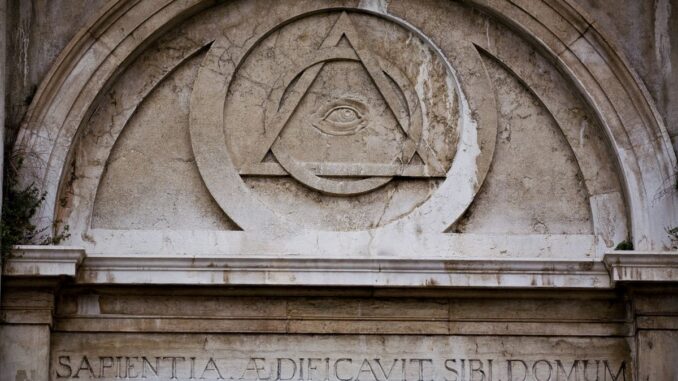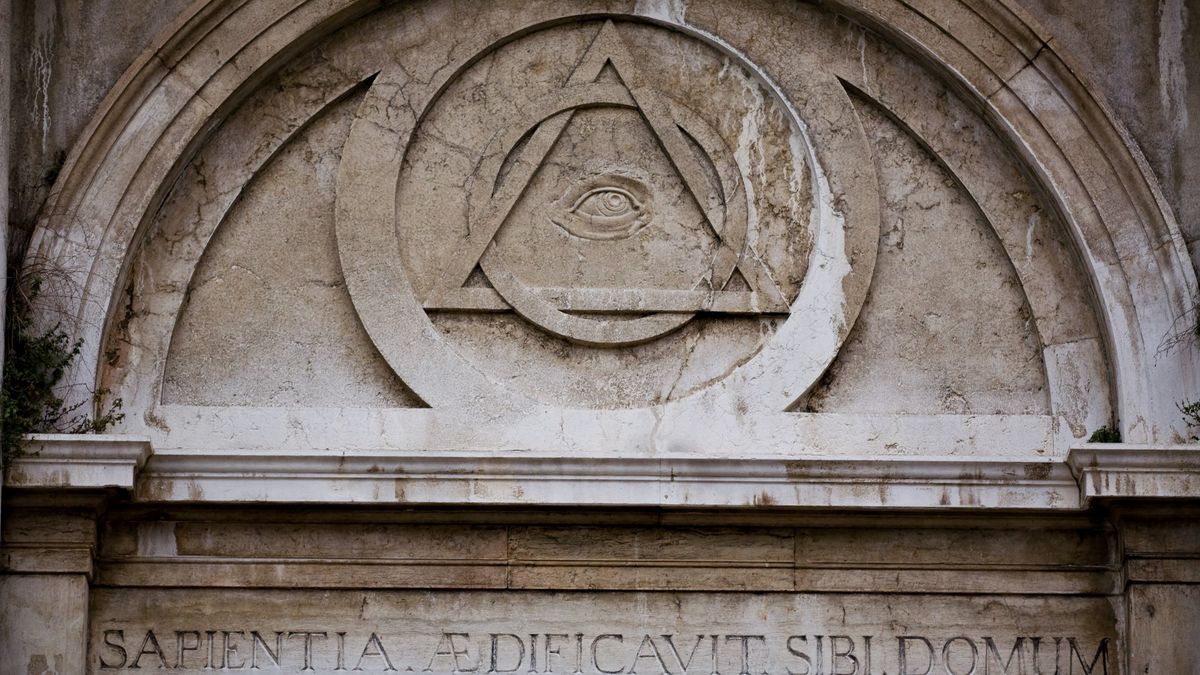
Freemasonry is returning to Syria after being banned for over 50 years, according to a statement that was reportedly issued by the Presidency of the Supreme Council of the Grand Syrian Orient Lodges.
In a statement published in several media outlets over the weekend, the group declared that the collapse of Bashar al-Assad’s government had created an opportunity for its re-establishment.

BYPASS THE CENSORS
Sign up to get unfiltered news delivered straight to your inbox.
You can unsubscribe any time. By subscribing you agree to our Terms of Use
Latest Video
Syria’s Ba’ath Party, under the presidency of Amin al-Hafiz, banned freemasonry in 1965 branding it an “illegal secret society”. They assosiated the organization with Western influence and Zionism.
RT reports: Assad was ousted in December 2024 after his forces lost control to Hayat Tahrir al-Sham (HTS) jihadists and other opposition groups. The new authorities, mainly Islamist factions, have promised governance reforms, although political uncertainty remains.
”For the past five decades, the Free Masons’ lodges have been officially absent from the Syrian arena due to the security and political conditions imposed by the authoritarian regime,” the statement said. It accused the previous government of suppressing “any organizations or intellectual or cultural trends that might pose a threat to its secure control over Syria and its people.”
The organization described its return as part of Syria’s reconstruction, stating, “the sun of freedom shines on our homeland and our forums once again, announcing the beginning of a new era that allows the Syrian people to regain their civil and intellectual freedoms.”
It also distanced itself from politics, emphasizing, “We assure the Syrian people and the Syrian leadership that we are not a political organization and do not seek to interfere in political affairs or participate in political, union, or party work.” Instead, it said its role was to promote “the values of tolerance, brotherhood, cultural openness, education, charitable work, and the advancement of society.”
Freemasonry, a fraternal society with secretive traditions, has historically been controversial. Critics have accused it of elitism and having undue influence in political and economic affairs, while some religious groups have alleged that its members worship the devil. The organization has also been the focus of conspiracy theories, often linked to globalist agendas or covert political control.

